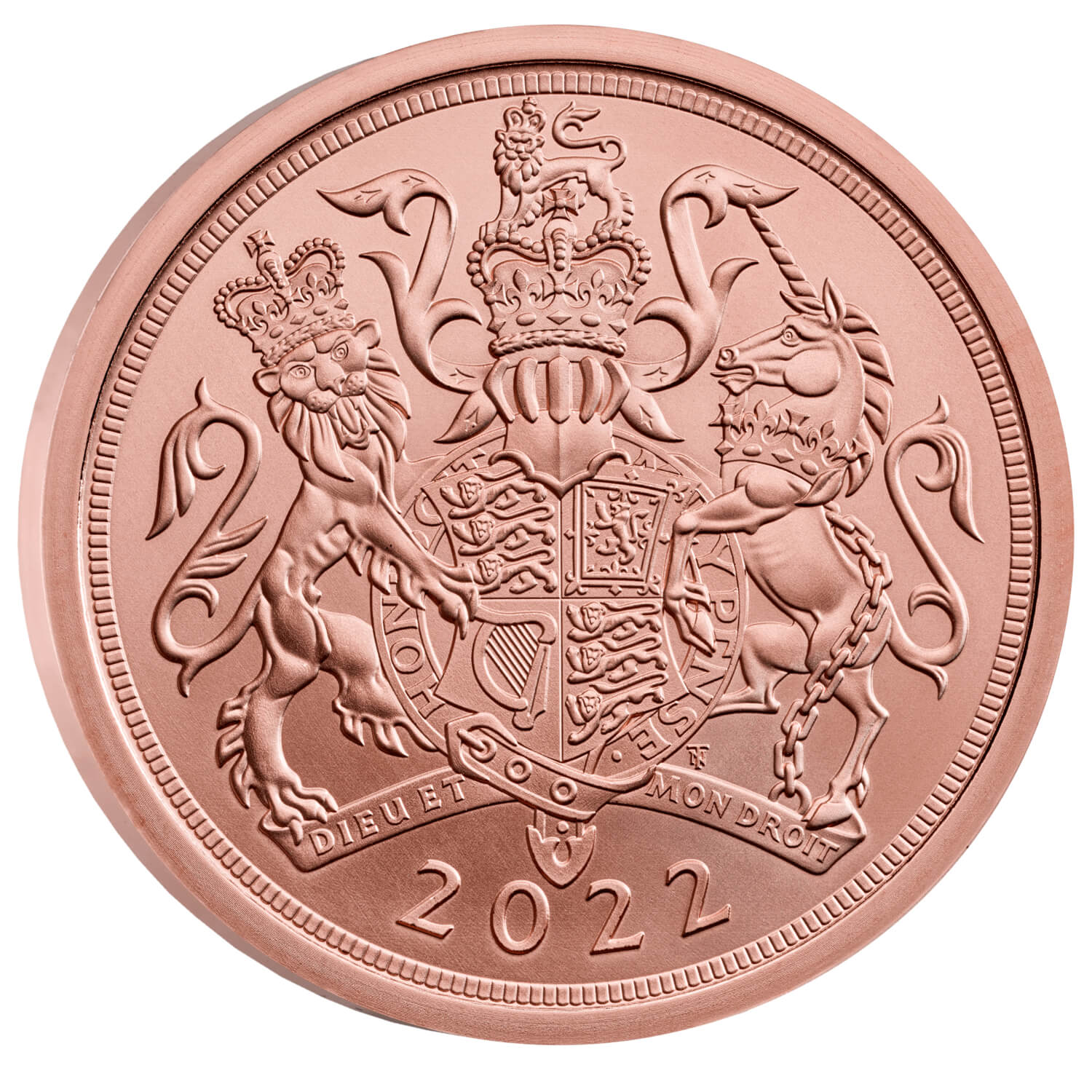The Platinum Jubilee of Her Majesty The Queen 2022 Celebration Sovereign – PJ22STD
A special edition of The Sovereign – the ‘coin of the monarch’. Just 1,200 Celebration Sovereigns will be issued for the occasion. Struck on 6 February 2022, exactly 70 years from the day Her Majesty The Queen acceded to the throne.
The Platinum Jubilee of Her Majesty The Queen 2022 Celebration Sovereign
- A special edition of The Sovereign – the ‘coin of the monarch’
- Just 1,200 Celebration Sovereigns will be issued for the occasion
- Struck on 6 February 2022, exactly 70 years from the day Her Majesty The Queen acceded to the throne
- Features a rare deviation from the St George and the dragon design
- The coin’s Royal Arms reverse design was created by the heraldic artist Timothy Noad
- The obverse features the fifth definitive coinage portrait of The Queen by Jody Clark
- Comes with a signed certificate confirming the coin’s exclusivity
Additional information
| DENOMINATION | Sovereign |
|---|---|
| MAXIMUM COIN MINTAGE | 1210 |
| ALLOY | 22 Carat Gold |
| DIAMETER | 22.05mm |
| REVERSE DESIGNER | Timothy Noad |
| OBVERSE DESIGNER | Jody Clark |
| YEAR | 2022 |
| PURE METAL TYPE | Gold |






Reviews
There are no reviews yet.